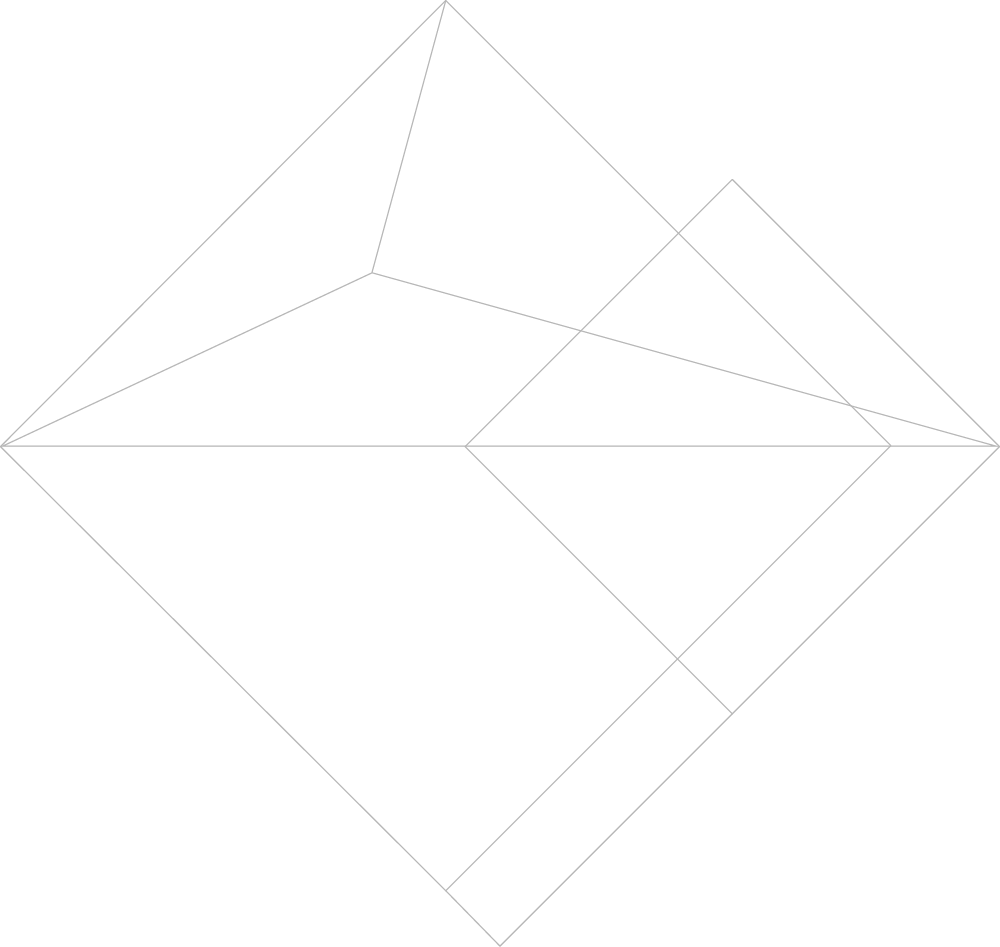Arctic Winter Games 2023 – Arctic Youth, Culture and Environment
Social and environmental sustainability at major international sporting events is now an unavoidable imperative. Amid current challenges to the predominantly political and economic models of these Games, it is becoming essential for organizations and host territories to view these factors as fundamental, and to evaluate their actual scope to strengthen the societal meaning of such events, and the legacy they leave behind for the populations and territories that host them. In this respect, these events today seem “much more than sports events” (Petersen, Ren, 2015; Thomsen et al., 2018; Ren, Mahadevan, Fuchs, 2021).
This research project focuses on the 2023 Arctic Winter Games scheduled to take place in Wood Buffalo (Alberta, Canada) from January 29 to February 4, 2023. The project focuses on the Games’ leaders and participants to understand how the sustainability of these Games, combining social and environmental issues, is envisaged in concrete terms. From their inception, these Games have made a principle of upholding respect for the Arctic culture and nature. Organized in 2023 in Wood Buffalo, a territory featuring Canada’s largest national park and which covers the ancestral lands of the Cree, Dene and Métis, the 2023 Games are an important opportunity to understand how sports events provide a unique and original opportunity to lay claim to territorial specificity, combining respect for Indigenous peoples and their culture, with the requisite inherently understood protection of the Arctic’s natural heritage.
The social and environmental focus of this study will be probed through semi-structured interviews and surveys conducted with the Games’ organizers and participants. The data will be supplemented by documentary work (on the status of the Games, their specifications, etc.) and an ethnographic approach. The methodology will be implemented independently but in collaboration with the Arctic Winter Games International Committee and the local organizing committee. One of the project’s objectives is precisely to provide organizers with an objective look at event organization and areas in need of improvement (a carbon footprint for the Games –which is currently non-existent–, positioning of environmental issues in relation to the community and identity issues of the Arctic at the core of the Games, etc.). Another aim is to see what reactions and adjustments that research on the notion of the Games’ sustainability will elicit from the organizers. Our approach will involve “critical proximity” rather than a strictly outsider gaze, something that recent major studies have shown to be problematic at times in the Arctic context (Hansen & Ren, 2020; Ren, Thomsen, 2020).
This project is expected to last for two years. The first year will be spent setting up the international group of researchers (Julien Fuchs, Carina Ren, Robert C. Thomsen and Christine Dallaire, scientific partners, as well as doctoral and master’s students). Working seminars primarily held online will be used to develop the research methodology. The initial data will be collected in the field through work on the archives and documents of the Games’ organizing committees, as well as semi-structured interviews with the organizers and members of the international committee.
In the second year, the team will continue to collect data from Games organizers and participants (survey, interviews) at Wood Buffalo (January 29 – February 4, 2023). This will require the team to travel to the venue of the Games. The last part of 2023 will be spent collecting final field data through interviews, processing the collected data and writing the investigation report for release at a final working seminar and presentation to the Games’ organizers.
